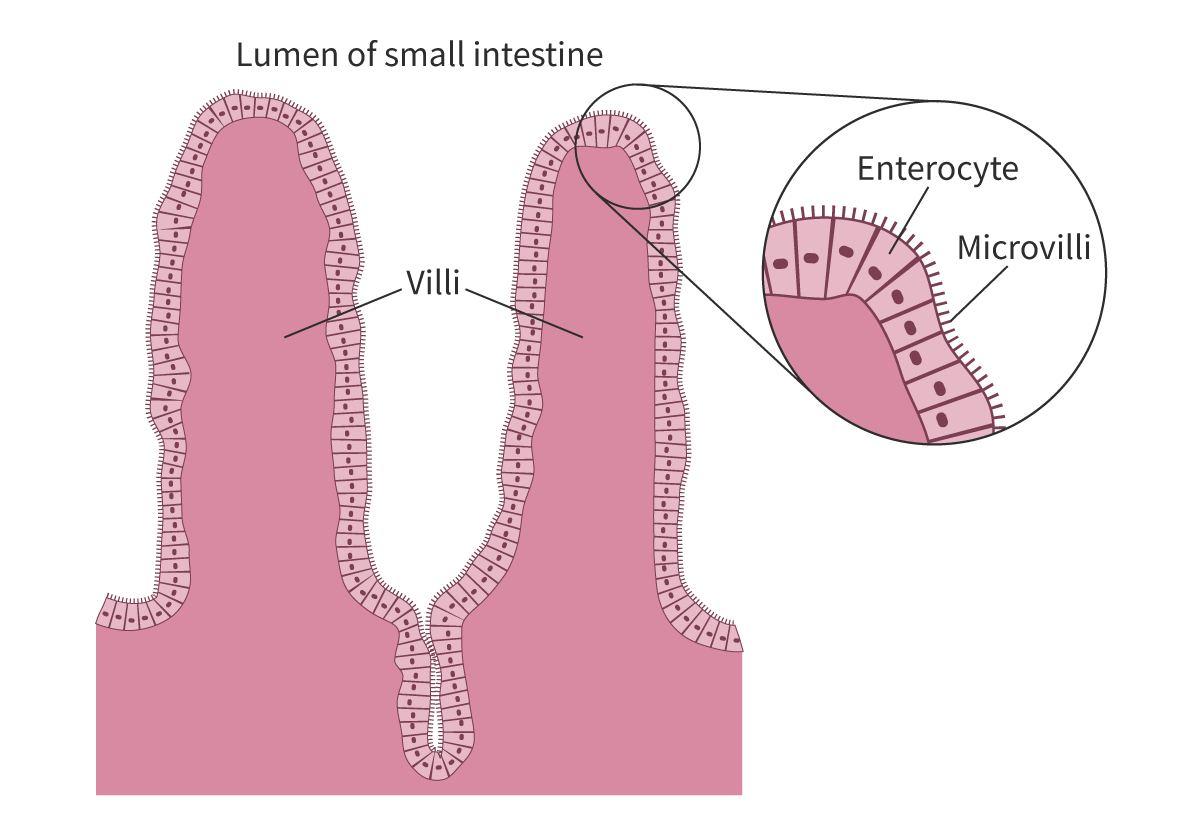Time period when Life is thought to have originated on Earth.
Discovered cells in 1665
Who is Robert Hooke or Antoni Van Leeuwenhoek who were independently credited with observing microorganisms using light microscopes?
What are DNA or RNA?
Components of a Phospholipid.
What are a negatively charged phosphate molecule and 2 non polar fatty acid chains?
Cells that can become any type of cell in an organism.
What is a totipotent stem cell?
Main gasses in the early atmosphere?
What is Ammonia and methane?
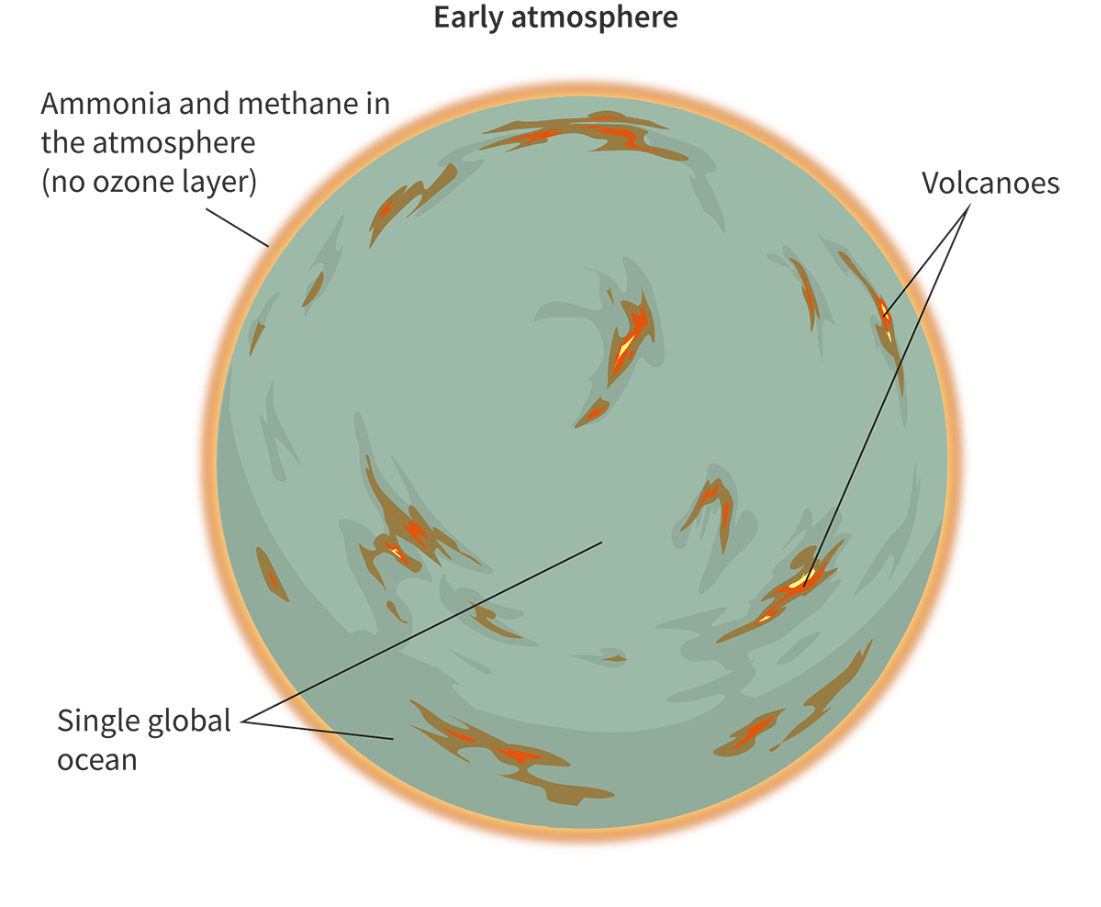
Cell theory
All living things are made up of cells, which are the basic unit of life, all cells come from other cells.
Arguments AGAINST considering Viruses as live organisms.
What are their dependency on other organisms for replication, lack of growth, metabolism or irritability?
Molecules that can readily pass through the plasma membrane.
What are non-polar, lipid soluble molecules. E.g O2, CO2, steroids and N2?
Functions of lysosomes.
What is breaking down pathogens into parts?
What are metabolism, response to stimuli, homeostasis, movement, growth, reproduction, excretion, nutrition?
Acronym (MR HM GREN)
Number of millimetres (mm) in one micrometer (μm)
What are 1000 micrometres in one millimetre?

Method of viral reproduction, which involves the rapid production of new viruses and the destruction of the host cell.
What is the lytic cycle?
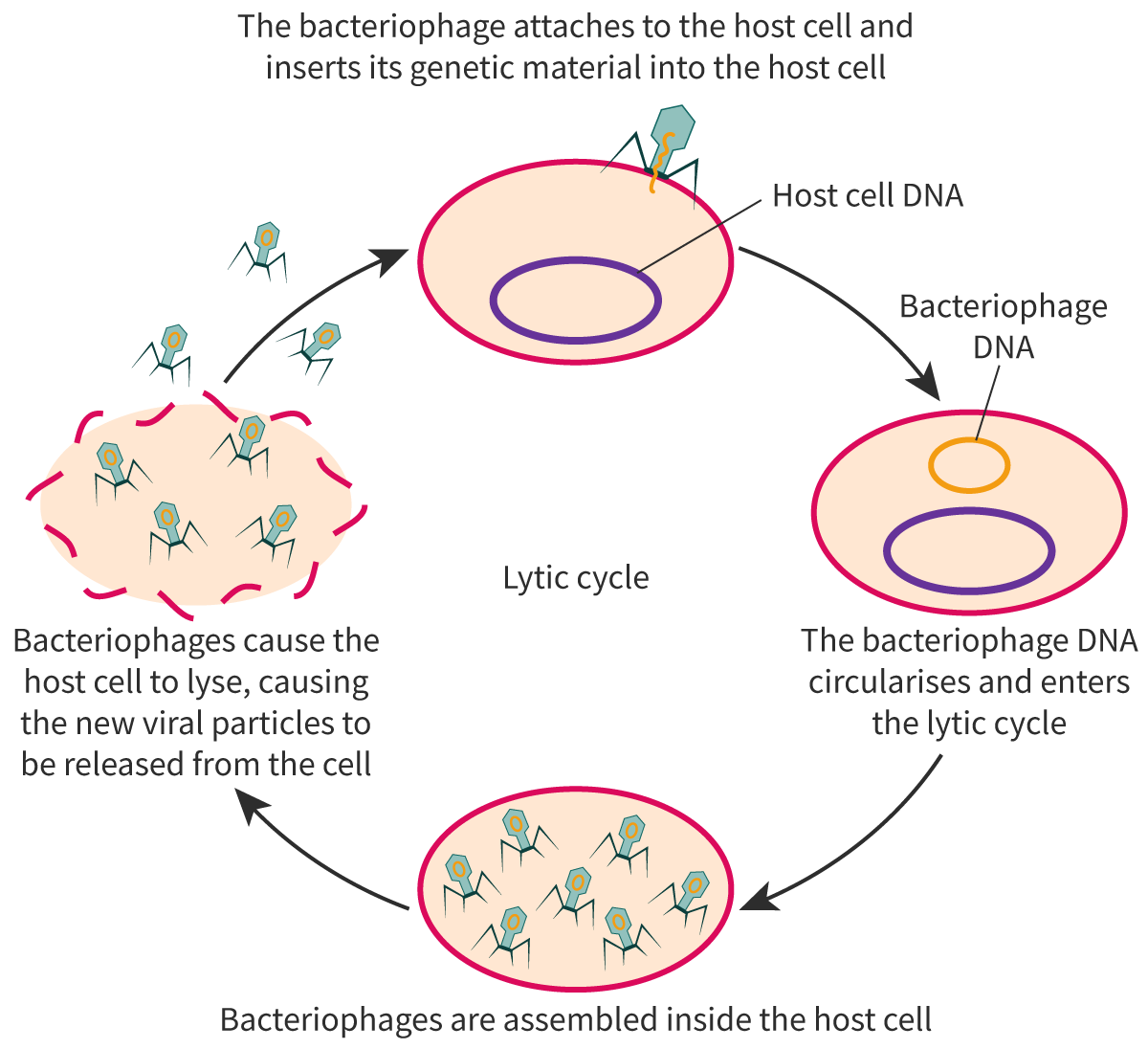
Types of membrane proteins.
What are integral and peripheral proteins?
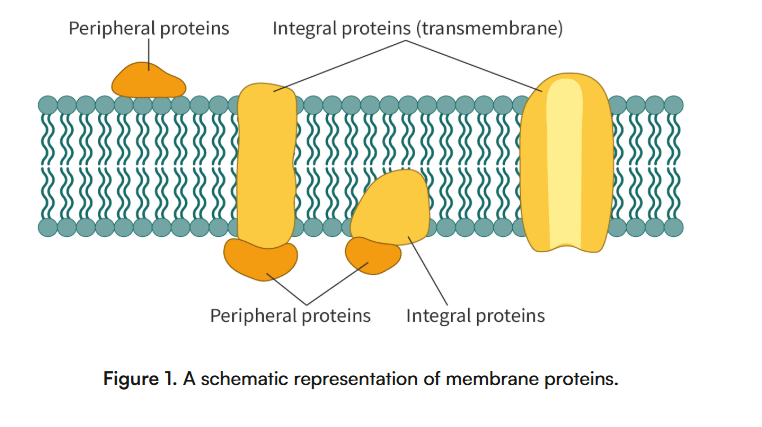
Benefits of having cristae on mitochondria inner membrane.
What are the increase in surface area leading to increased efficiency and speed of cell respiration?
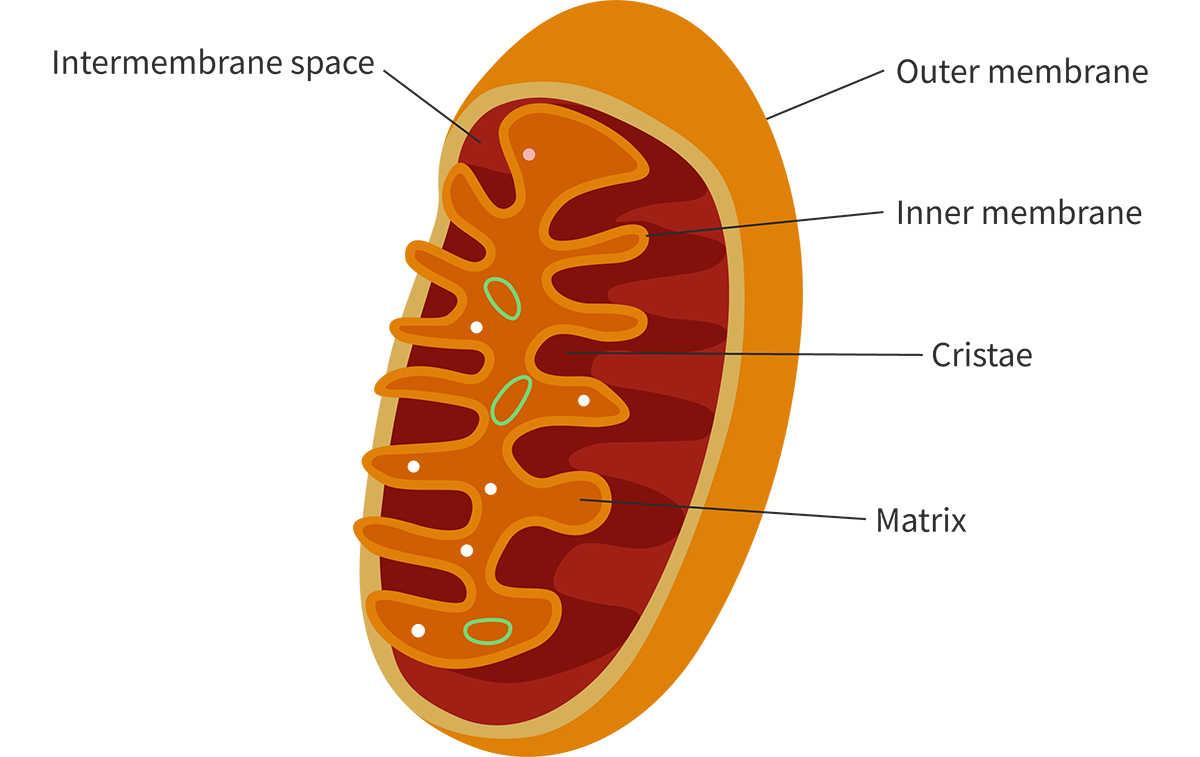
Molecules secreted by certain cells in the early embryo that help to differentiate cells.
What are morphogens?
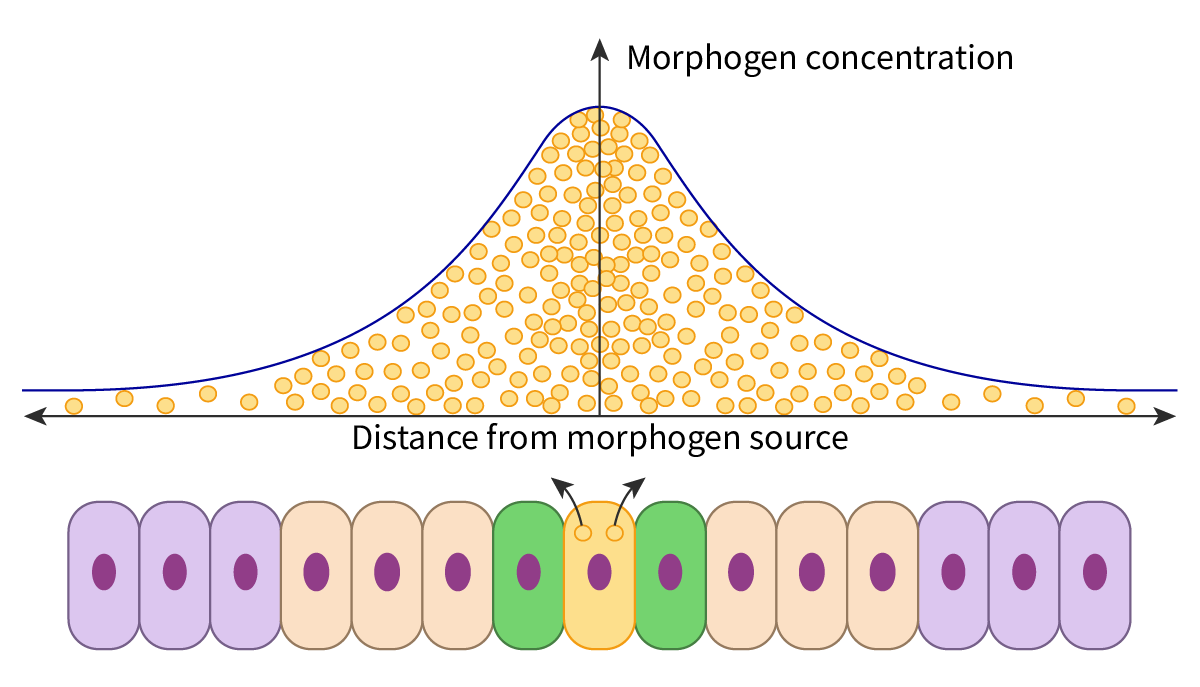
Domains of life that evolved from LUCA
Bacteria and Archaea, Eukaryota later evolved through endosymbiosis.
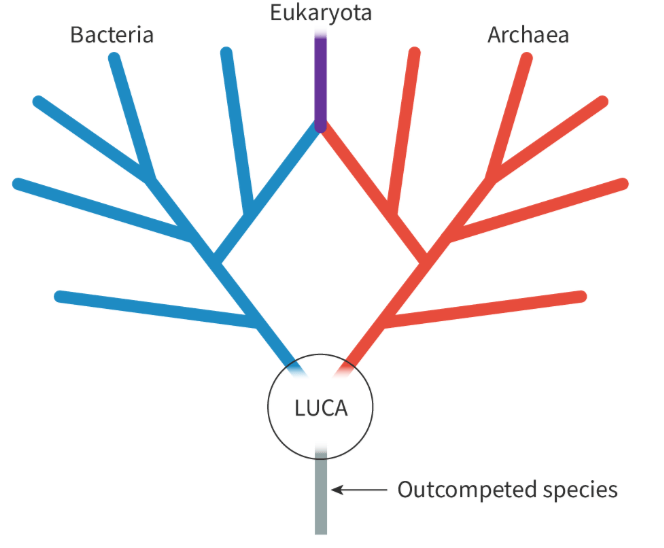
Typical components of prokaryotic cells
What are cell wall, plasma membrane, cytoplasm, naked DNA, 70S ribosomes?
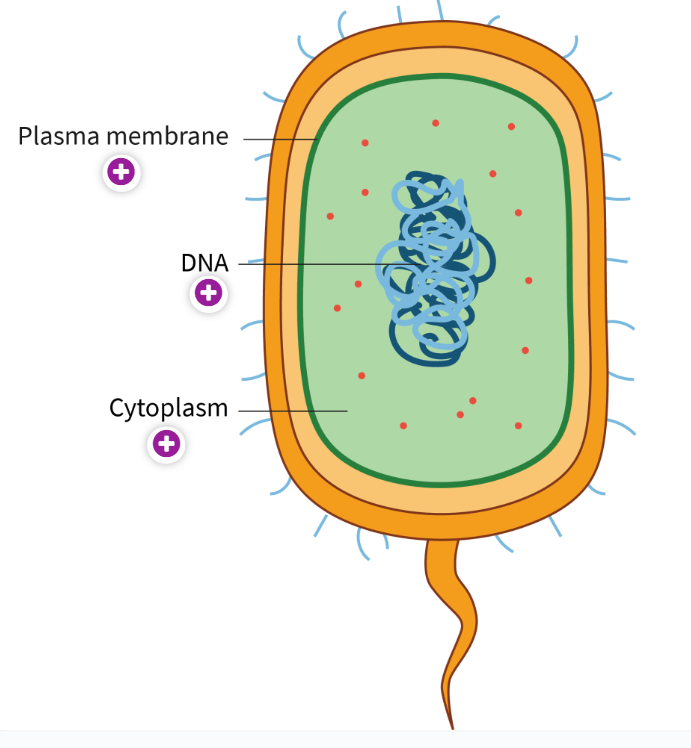
Components of viral structure.
What are genetic material, a protein capsid and sometimes an envelope?
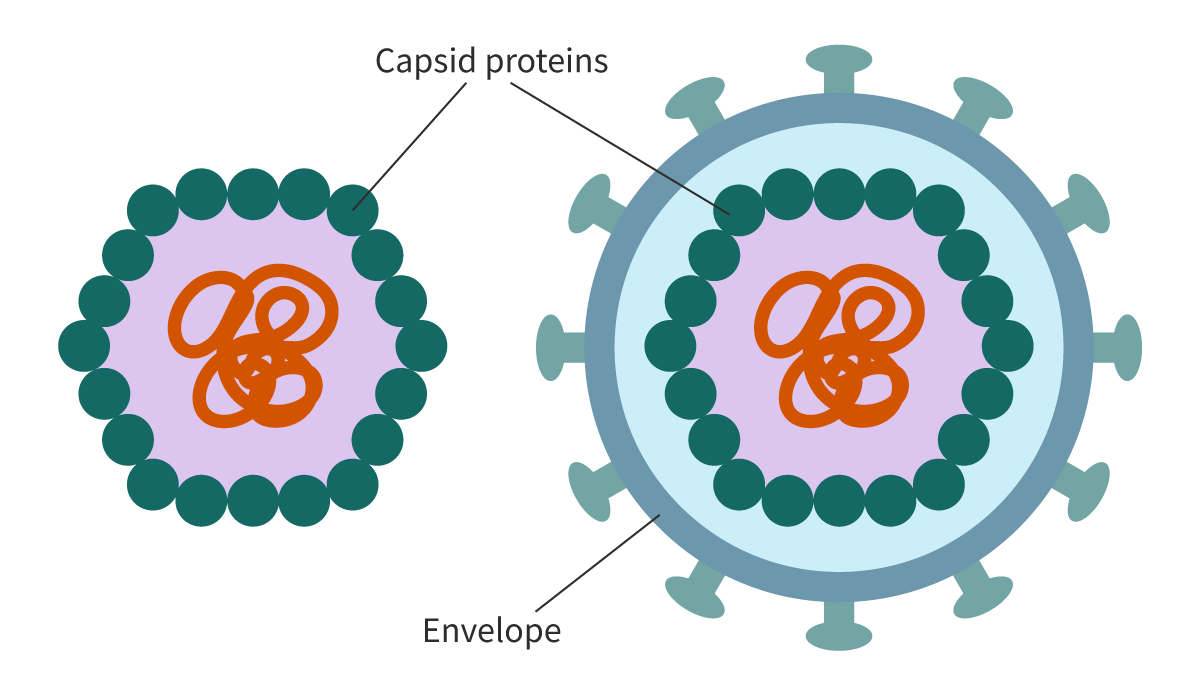
What are transport, recognition, receptors, enzymes and adhesion to other cells?
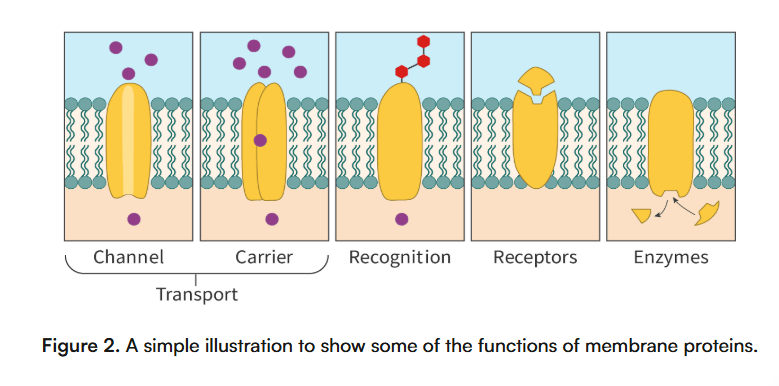
Functions of grana in chloroplasts.
What is maximizing the amount of sunlight absorbed as the sunlight passes through the stack of thylakoids?
Type of cells that have flattened as an adaptation to increase surface area
What are pneumocytes or squamos epithelial cells?
The Miller-Urey closed system included?
What are: water, a gas inlet to add methane, ammonia and hydrogen, electrical sparks. A condenser for cooling and a heat source.
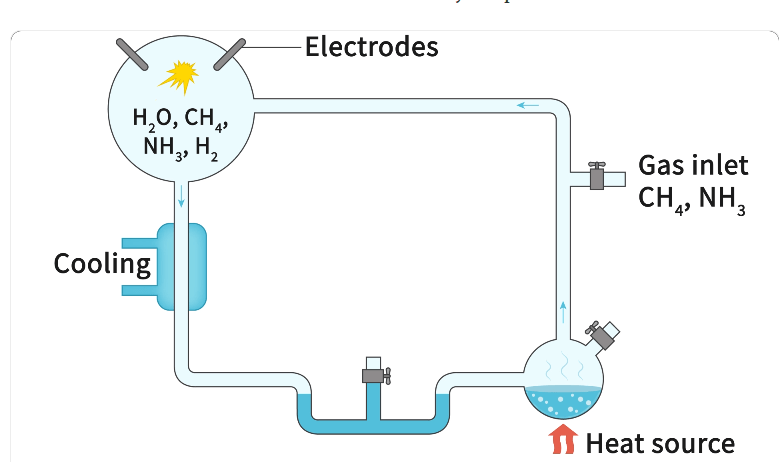
Evidences for endosymbiosis.
What are mitochondria and chloroplasts DNA and double membranes, own 70S ribosomes, they divide by binary fission?
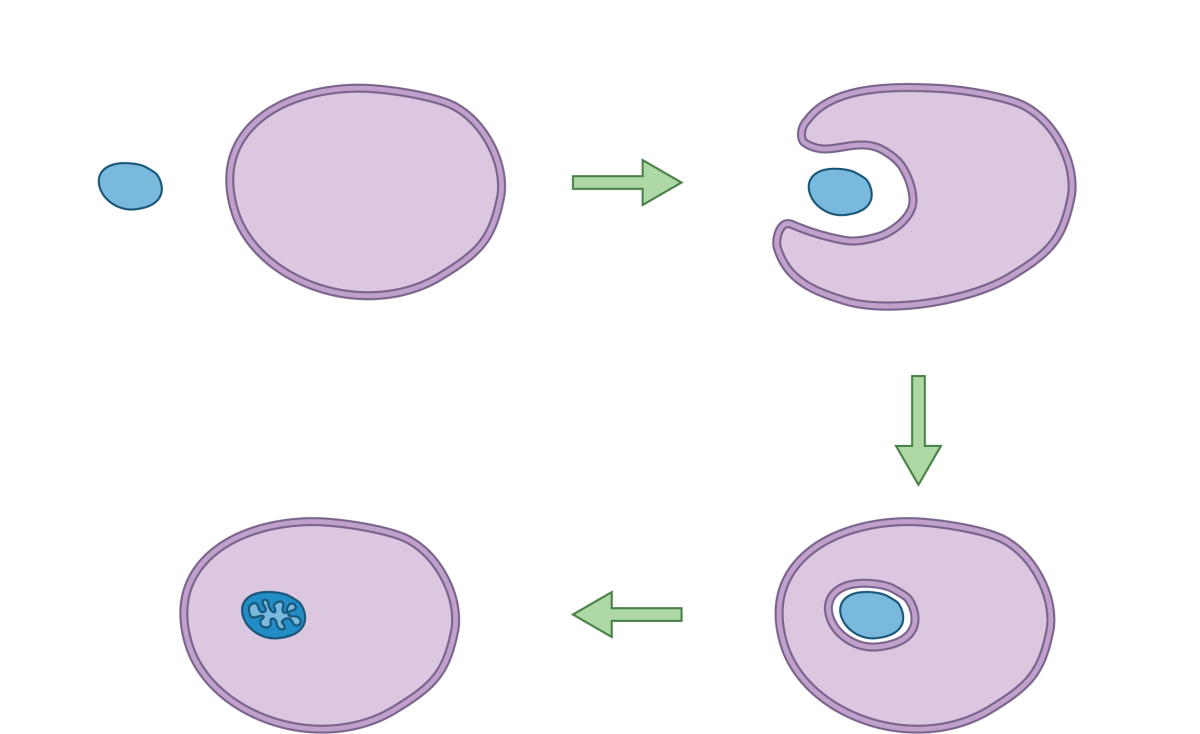
What occurs when an influenza virus infects a host cell that is already infected with a different strain of influenza, and the two viruses exchange genetic material, leading to the emergence of new strains that may have new or different characteristics?
Explain indirect active transport.
What is the fact that one solute is transported down its concentration gradient while the other is transported against its concentration gradient?
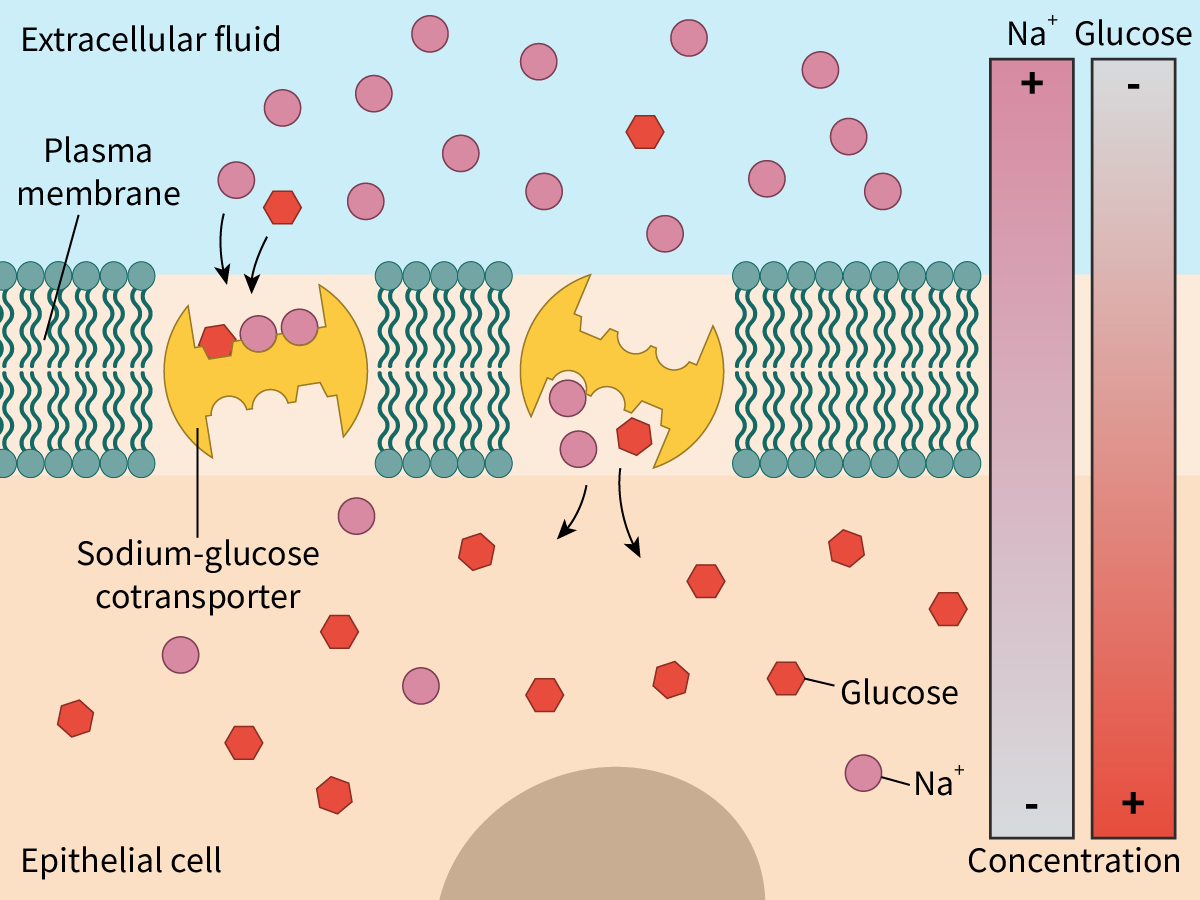
What is clarithin?
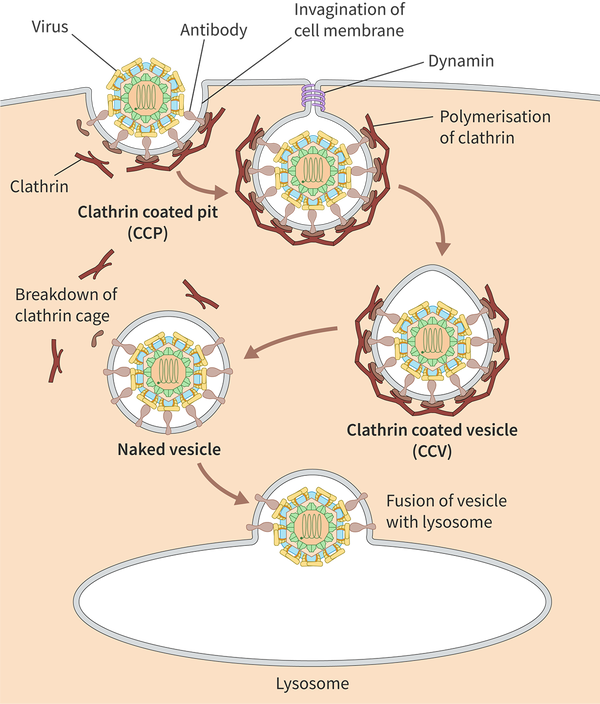
Cells that have adapted to increase surface area through the development of microvilli.
What are enterocytes or proximal convoluted tubule cells?
